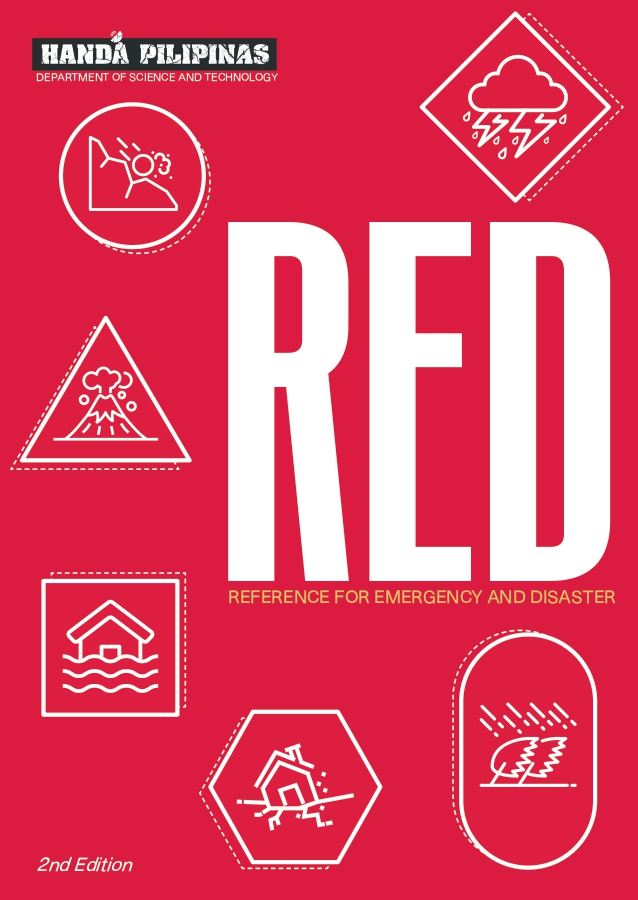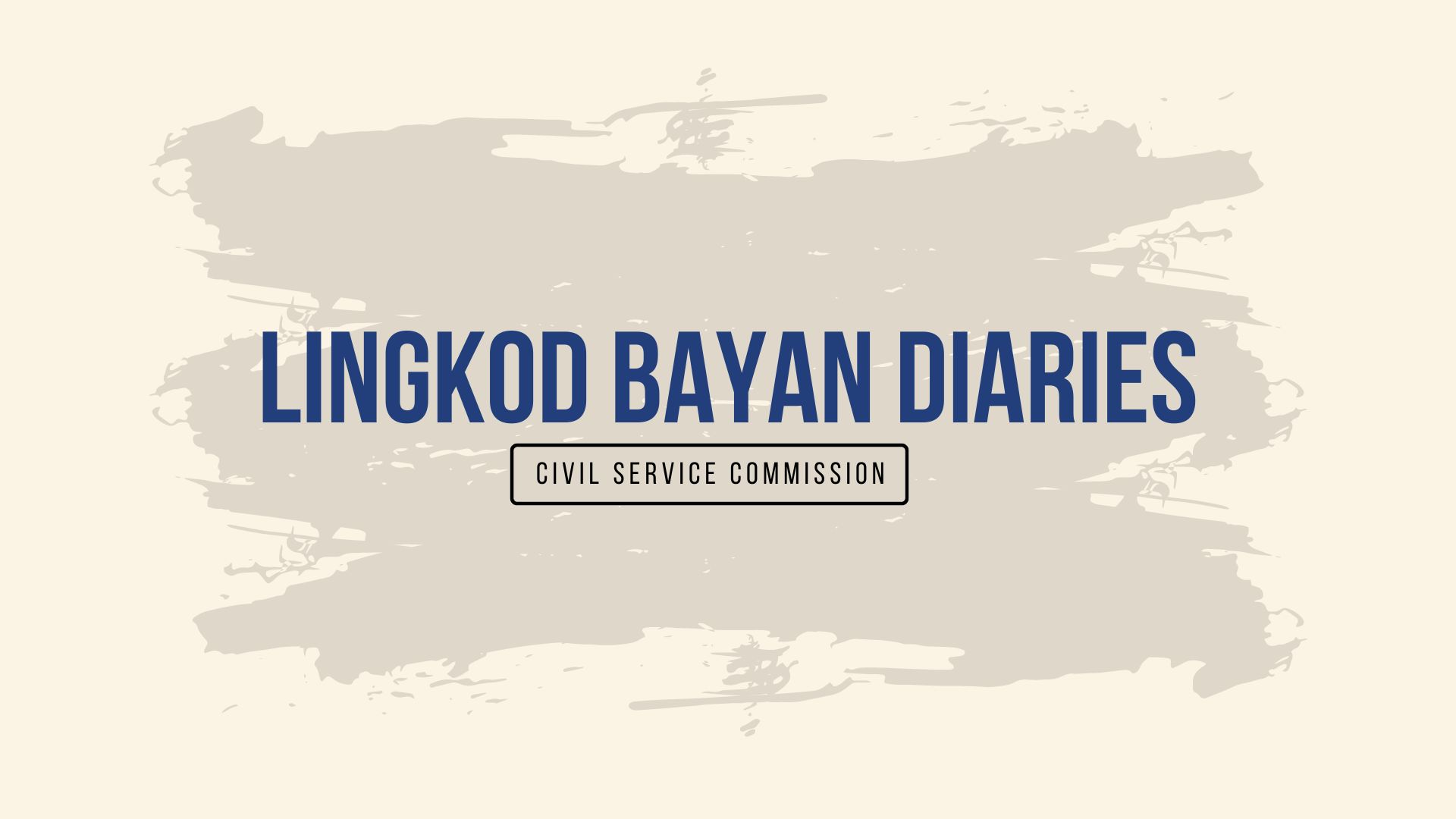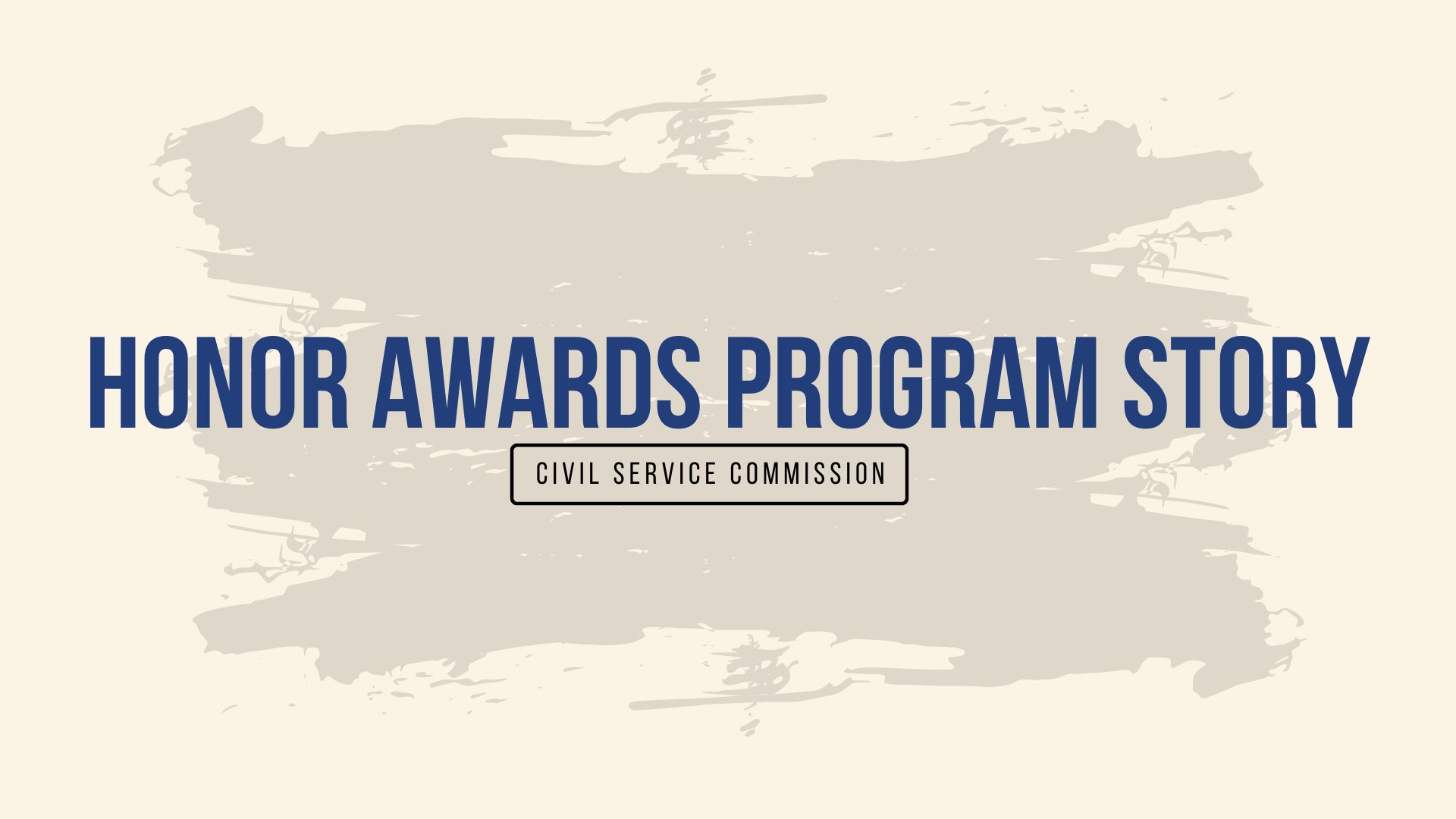The Department of Science and Technology (DOST) will hold a forum on disaster preparedness on March 4, 2015 at 9:00 a.m. at the Senate of the Philippines, Pasay City. The forum aims to help senators formulate appropriate policies on disaster preparedness to strengthen the country’s disaster preparedness program.
Billed as “Iba na ang Panahon: Science for Safer Communities” (INAP: S4SC), said forum will gather members of the Philippine Senate and respective committee chairpersons to equip them with the latest information, tools, and technologies that would give them a better understanding of the possible impacts of hazards in different communities around the country. Discussions will focus on geologic hazards, radiation/nuclear safety program, and issues on the Bataan Nuclear Power Plant.
Forum speakers include DOST Asst. Sec. Raymund Liboro (Science for Safer Communities), Dr. Renato Solidum (Geologic Hazards), Dr. Alumanda dela Rosa (Radiation/Nuclear Safety Program), and Engr. Mauro L. Marcelo Jr. (Bataan Nuclear Power Plant).
In 2013, DOST partnered with the Department of the Interior and Local Government and the Office of Civil Defense for a three-month INAP: S4SC campaign held in the country’s 17 regions. Participated in by local chief executives and disaster risk reduction managers, the campaign was designed to arm local governments with the necessary knowledge and tools that will help reduce the loss of lives and damage to properties and infrastructure during calamities.
INAP: S4SC featured lectures on science-based tools such as high -resolution maps and flood modeling softwares, as well as table-top exercises for end-to-end communication and strategies before, during, and after disasters.
Meanwhile, the DOST’s Science and Technology Information Institute partnered with the Kapisanan ng mga Broadkaster ng Pilipinas to hold the “Seminar-Workshop on Responsible Weather Reporting” in four strategic cities of the country, namely Tuguegarao, Cebu, Davao, and Butuan. The seminar-workshop aimed to equip local radio and television announcers with better knowledge of the various hazards in the country so they could convey weather reports more clearly and responsibly. (S&T Media Service)










